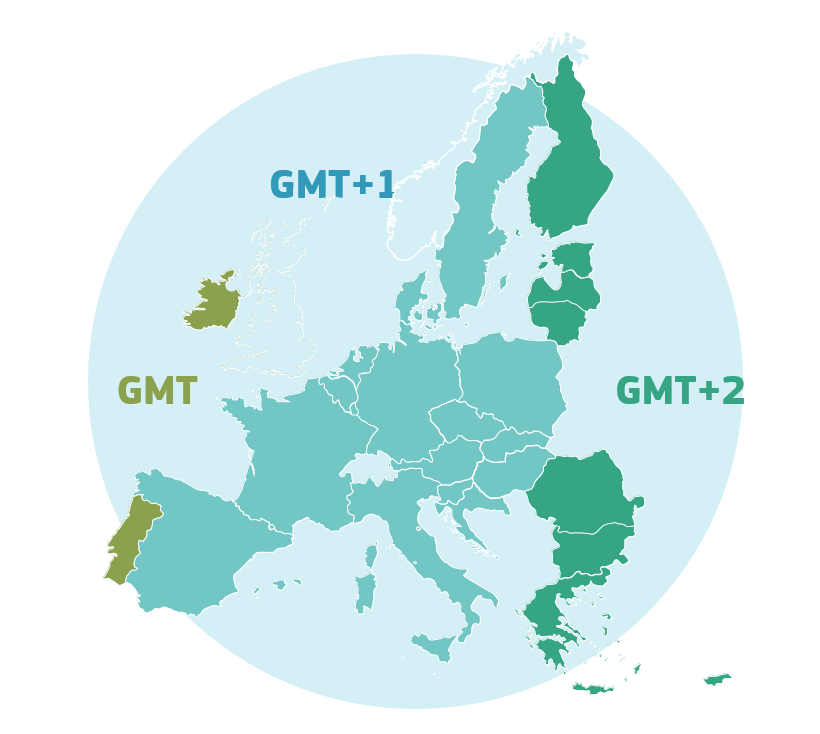On 12 September 2018, the European Commission presented a proposal to end seasonal time changes in 2019 throughout the EU, while leaving Member States the freedom to decide their standard time.The system of bi-annual clock changes has been increasingly questioned, by citizens, by the European Parliament, and by a growing number of Member States. The Commission has, therefore, analysed available evidence, which points to the importance of having harmonised rules in this area to ensure a proper functioning of the internal market. This is also supported by the European Parliament as well as other actors (e.g. in the transport sector). The Commission has also carried out a public consultation, which generated around 4.6 million replies, of which 84% were in favour of discontinuing the bi-annual clock changes while 16% wanted to keep them. A report was produced on the results of the consultation.
The final decision is now with the Council of the European Union and the European Parliament. They will have to come to an agreement before the proposal can take legal effect. On 26 March 2019, the European Parliament adopted its position on the Commission proposal, supporting a stop to the seasonal clock changes by 2021. The Council has not yet finalised its position.
Historical evolution
European countries introduced summertime arrangements in the last century to save energy, particularly in times of war or during the oil crisis of the 1970s. Starting in 1980, the EU gradually adopted legislation putting an end to the diverging schedules of the national clock changes.
Since 2001, EU summertime arrangements have been governed by Directive 2000/84/EC, setting out the obligation on all Member States to switch to summer-time on the last Sunday of March and to switch back to their standard time ("winter-time") on the last Sunday of October.
Standard time
Currently there are three standard time zones in the EU: Western European Time (Ireland, Portugal), Central European Time (17 Member States) and Eastern European Time (Bulgaria, Cyprus, Estonia, Finland, Greece, Latvia, Lithuania and Romania).

Reference documents
- Technical assistance with the public consultation on EU summertime arrangements
- Directive 2000/84/EC on summer-time arrangements
- COM(2007)739: Communication from the Commission under Article 5 of Directive 2000/84/EC on summer-time arrangements
- Communication from the Commission in pursuance of Article 4 of Directive 2000/84/EC on summer-time arrangements: Schedule for the summer-time period
- ICF International, The application of summertime in Europe: a report to the European Commission Directorate-General for Mobility and Transport (DG MOVE), September 2014
- EU summer-time arrangements under Directive 2000/84/EC: Ex-post impact assessment by the European Parliamentary Research Service, October 2017
